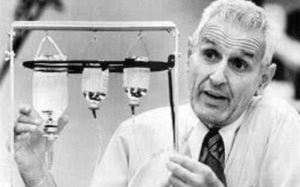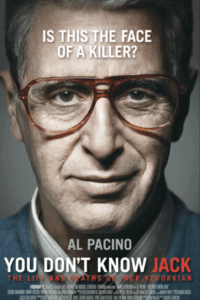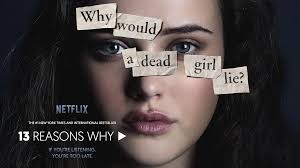
Have you ever considered suicide? Leaving aside possible religious beliefs, do you consider suicide a crime?
Keep your answer to yourself; here’s another question.
Do you consider murder a crime?
Obviously, taking another’s life is a core crime in most countries and in all civilized societies worldwide. However, suicide, aside from religious opposition based on moral standards, is generally not discussed as a crime as long as it doesn’t endanger others or society. Suicide is the ultimate disposition of one’s own body, a matter of personal autonomy, and assigning any responsibility is largely meaningless to the deceased.
However, there was a historical figure who claimed to have assisted at least 130 people in ending their lives: Dr. Jack Kevorkian. His story was adapted into a true-story film—the HBO television movie *You Don’t Know Jack*, starring Al Pacino. This film, along with Dr. Kevorkian’s arguments explore the meaning of euthanasia and the scope and limits of bystander assistance.
 Dr. Kevorkian argued that people should have the freedom to decide their own life and death, and should receive professional medical assistance to achieve a peaceful and dignified death. Physicians should not merely prolong “biological survival,” but guarantee “a dignified death.” Refusing euthanasia is tantamount to forcing patients to endure inhuman torture. Imagine being diagnosed with incurable diseases like organ failure or ALS; the rest of your life might be confined to medical facilities, dependent on medication, yet powerless to end such physical and mental suffering. Is this truly the life everyone desires?
Dr. Kevorkian argued that people should have the freedom to decide their own life and death, and should receive professional medical assistance to achieve a peaceful and dignified death. Physicians should not merely prolong “biological survival,” but guarantee “a dignified death.” Refusing euthanasia is tantamount to forcing patients to endure inhuman torture. Imagine being diagnosed with incurable diseases like organ failure or ALS; the rest of your life might be confined to medical facilities, dependent on medication, yet powerless to end such physical and mental suffering. Is this truly the life everyone desires?
Philosopher Camus, in the opening of The Myth of Sisyphus, wrote: “There is only one truly serious philosophical question: suicide. To determine whether life is worth living is to answer the fundamental question of philosophy.” This aligns perfectly with Dr. Jack’s arguments, who, based on humanitarian principles, also records his consultations with patients. Euthanasia is not an advocacy for death, but rather returning the choice to the patient.
The film maintains a neutral perspective throughout, neither criticizing nor supporting any side, leaving the decision-making power and stance to the audience.
Considering it is the patient’s own will, only they are unable to exercise it, can this still be considered murder?
Or, to what extent can others intervene in another person’s life-or-death decision?







